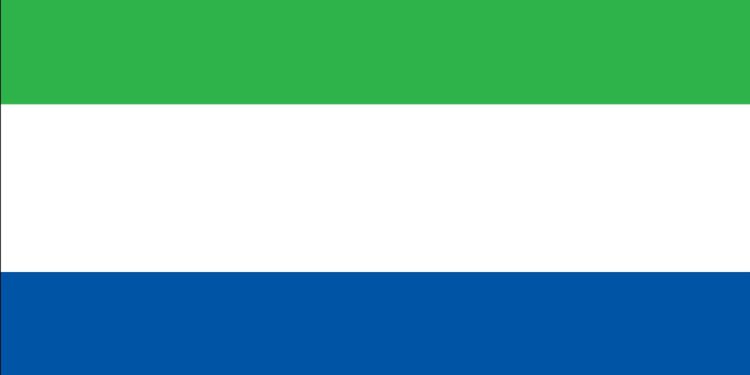By Salamatu Blake
Later this month, Sierra Leone will host the 7th edition of the “Strengthening Families Conference” at the Freetown International Conference Centre. It is being co-organized by the Office of the First Lady and The Church of Jesus Christ of Latter-Day Saints (LDS). The event, described in official invitations as a space to promote family values and preserve moral order, sounds innocuous—even commendable.
But beneath the polished surface lies a far more troubling reality.
The LDS Church—widely known as the Mormons—is not just another religious partner. It is an institution with a long and well-documented history of racist doctrines, patriarchal structures, anti-scientific education policies, and a deep hostility to the inclusive values Sierra Leone has fought hard to champion. Their definition of “family” is narrow, their vision of society rigid, and their record incompatible with our national journey.
Let’s begin with history. Until 1978, the Mormon Church openly barred Black men from its priesthood, promoting teachings that depicted dark skin as a curse and Africans as spiritually inferior. That policy lasted for nearly 150 years. While officially rescinded, no formal apology has ever been issued, and many of the racist writings by early Mormon leaders remain unchallenged in their theology.
But this is not just about the past. It is about a present agenda that stands in direct opposition to Sierra Leone’s values and progress.
The LDS Church is vehemently opposed to comprehensive sexuality education—the very kind Sierra Leone has proudly adopted to empower our youth with factual, age-appropriate, science-based information. Under President Julius Maada Bio’s leadership, Sierra Leone has become a regional leader in promoting reproductive health and gender-sensitive school curricula. In contrast, the Mormon worldview treats sex education as taboo, often substituting abstinence-only moralism for evidence-based policy.
On child marriage, the divergence is just as stark. While Sierra Leone has earned global recognition for raising the legal age of marriage and for pioneering bold actions to protect girls—including the ban on child marriage and early pregnancy discrimination in schools—the LDS Church’s history is fraught with tolerance for early marriage and strict gender roles. Its teachings still idealize early marriage and large families for women, often discouraging higher education or professional ambition.
When it comes to women’s empowerment, the contrast becomes even more painful. President Bio has championed the Gender Equality and Women’s Empowerment (GEWE) Act, created historic quotas for women in politics, and pushed for reforms that recognize the leadership and autonomy of women in all spheres of life. The First Lady herself has boldly led the “Hands Off Our Girls” campaign and has spoken forcefully about gender equity.
Yet here we are, partnering with an institution that reserves all its highest leadership positions for men and teaches that a woman’s highest purpose is to serve in the home. Their worldview does not celebrate strong women—it contains them.
And then there is the most personal irony of all: The Church’s rejection of non-traditional families—including single-mother households—sits in direct contradiction to the lived experience of many Sierra Leoneans, including our very own President, who was raised by a single mother and credits strong women with shaping his life and moral compass. Sierra Leonean society has long embraced extended families, community parenting, and blended kinship networks. The Mormon model—nuclear, prescriptive, and Western—is not just foreign; it is also problematic. It is culturally tone-deaf.
This is not a critique of religion. It is a critique of using the instruments of our state to lend legitimacy to a fringe, imported ideology that undermines everything we have built.
Sierra Leone is a nation that has worked hard to emerge from war and exclusion into one of the most tolerant, inclusive, and hopeful democracies in West Africa. We have built a vision of family rooted in love, resilience, and community, not in hierarchy, exclusion, and dogma. We should not trade that legacy for a conference badge or soft diplomacy.
It is not too late to ask hard questions: Who are our partners? What do they stand for? And are their values truly ours?
Let us be proud of the families we already have—and cautious of those who come bearing a definition that shrinks our humanity instead of expanding it.
Let the love and strength of Sierra Leonean families be celebrated on our terms, not rewritten by ideologies that once called us cursed.













